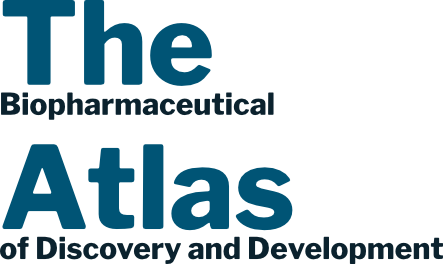REG210 FDA Guidance on Rare Disease Drug Development
The Orphan Drug Act was enacted in 1983 to help make development of drugs for rare diseases more financially viable. The Act DOES NOT create a different statutory standard for rare disease products. This module will help you understand the areas where rare disease drug development differs from traditional drug development.
Related Vocabulary
a
c
p
r
If you’re already an Atlas member login to start this course.
Forgot Password? Click here
Not ready to subscribe to the Atlas for access to unlimited courses?
Buy this course


